Actor Mark Rylance uncovers his grandfather's extraordinary WW2 story
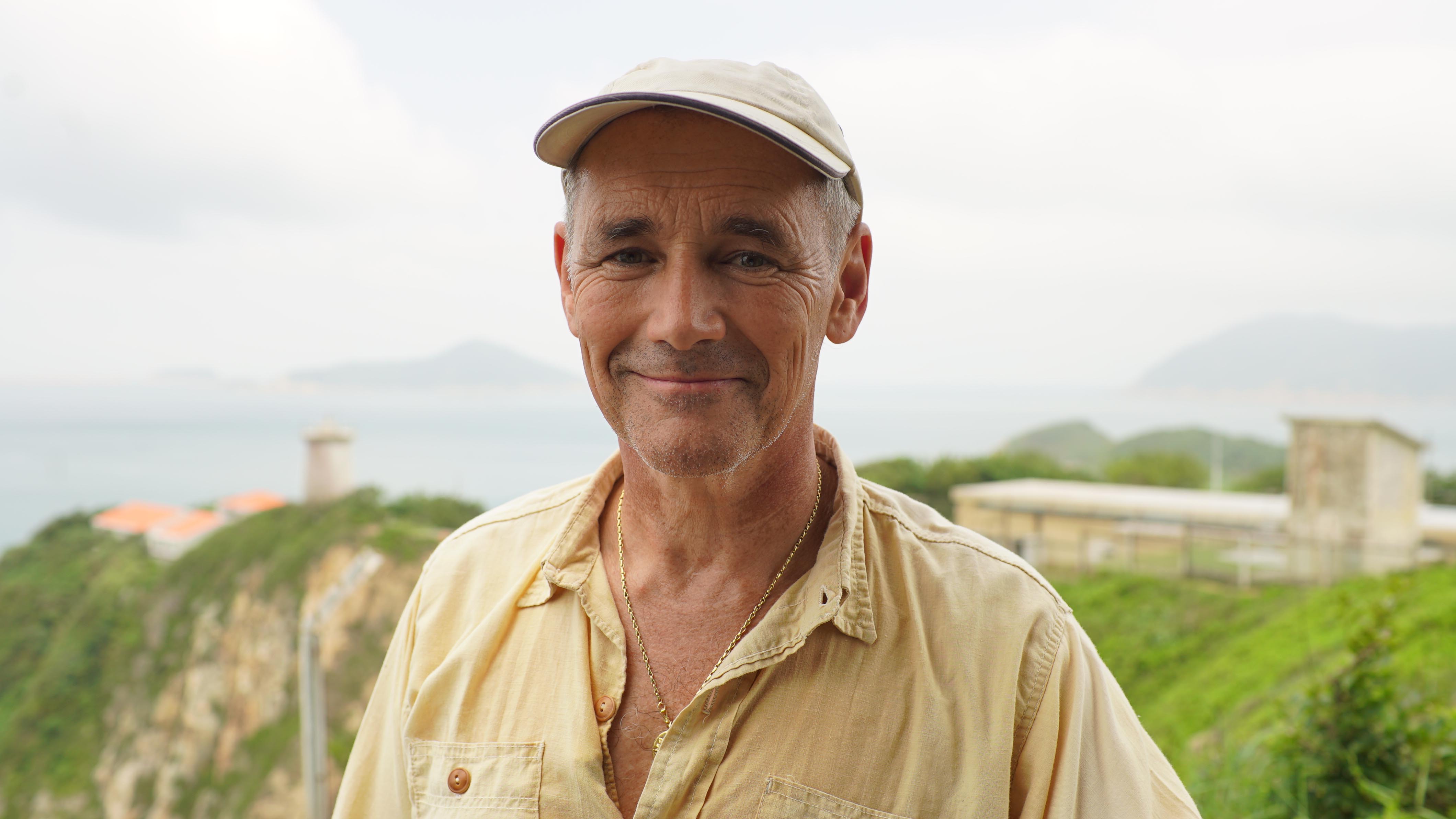
Actor Mark Rylance travels to Hong Kong in the second part of C4's My Grandparents' War and discovers how his grandfather Osmund survived life as a Japanese prisoner of war and the atrocities he witnessed...
As one of Britain’s most prolific actors, many of the characters Mark Rylance has played have been caught up in the tragedy of war but for his grandfather, Osmond Skinner, the atrocities of World War Two were a reality when he was made a Japanese prisoner of war.
Here, in the second episode of this series which sees four famous faces explore their grandparents’ extraordinary wartime stories, Oscar-winning actor and peace campaigner, Mark, 59, whose numerous credits include Bridge Of Spies, Wolf Hall, Dunkirk and The BFG, uncovers how his beloved grand-dad, a banker for HSBC with no military training, was shot on Christmas Day and survived one of Hong Kong’s most notorious POW camps….
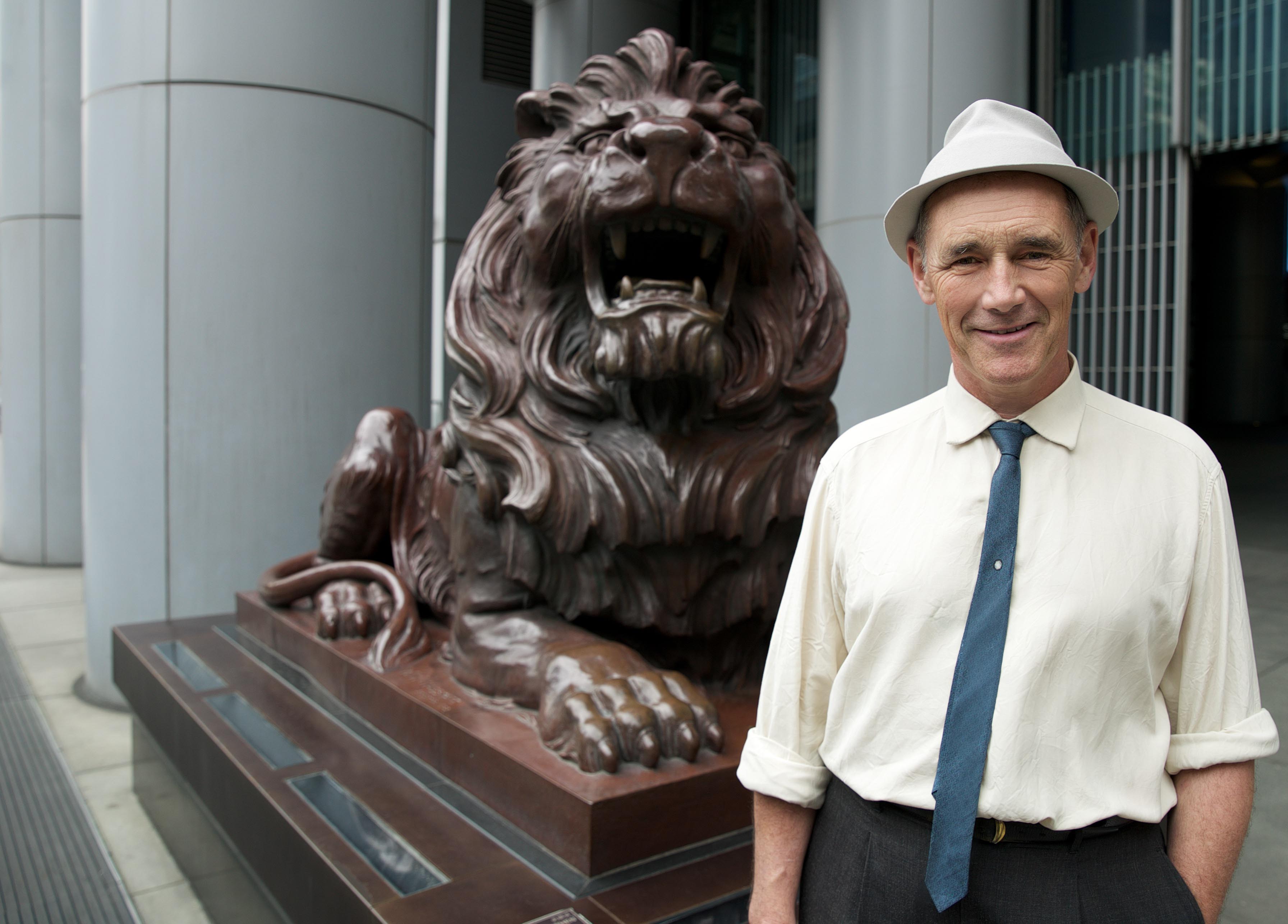
Mark Rylance on his grandfather's imprisonment and his struggle for survival
How was your grandfather involved in WW2?
Mark Rylance: "In 1921 as a young man trying to make his fortune, he had moved from England to Hong Kong to work for HSBC so he was living there and married my grandmother Hazel there. In 1941, he served in Hong Kong’s Volunteer Defence Corp and was one of several thousand British soldiers defending Hong Kong from Japanese invasion in the Battle of Hong Kong. He’s wasn’t a trained soldier, he was a civilian really being thrown at battle-scarred warriors."
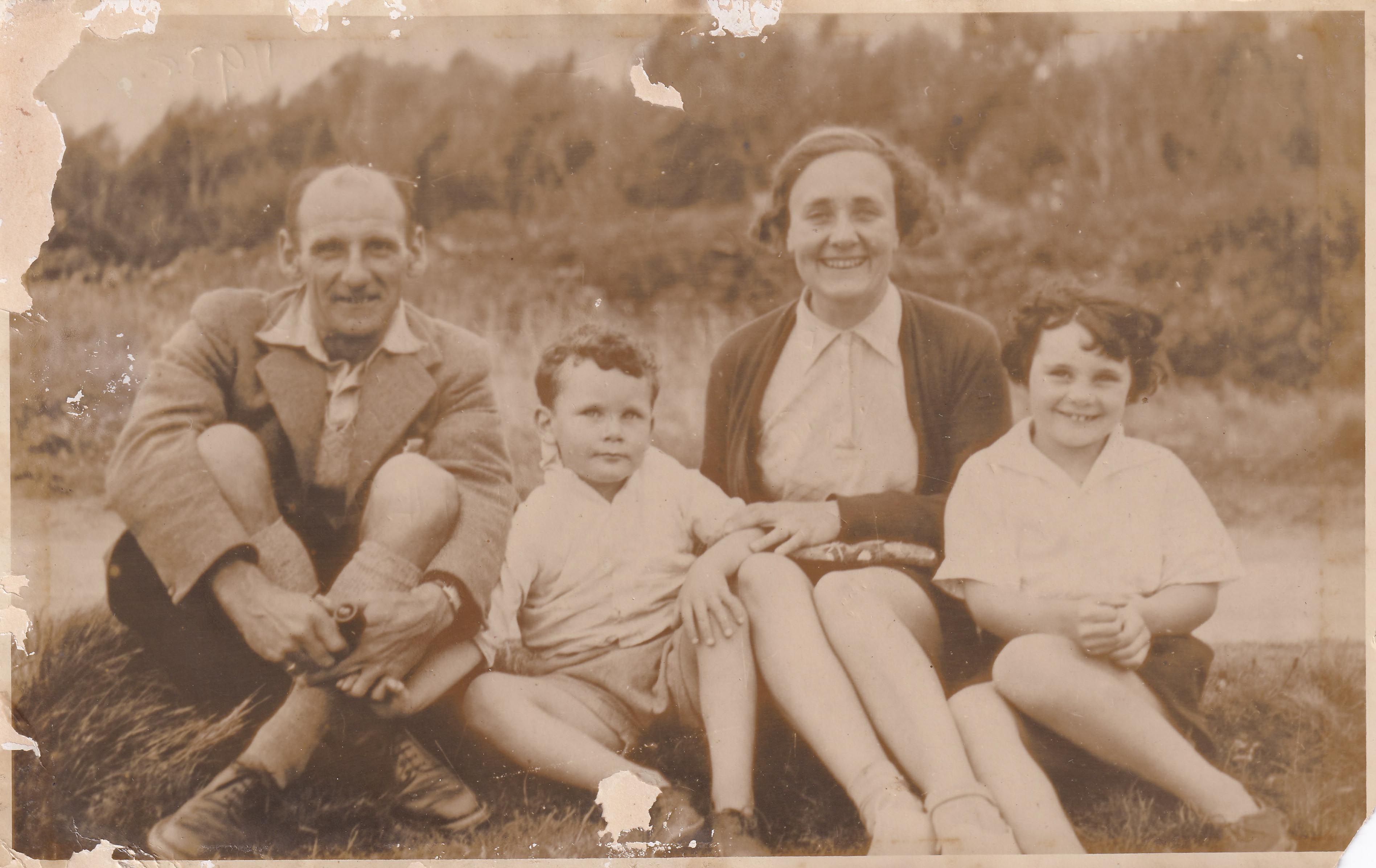
How did he become a prisoner of war?
MR: "On Christmas Day in 1941 he was shot in the stomach and separated from his fellow soldiers. He was reported missing in action, and it was assumed he had been killed but he was actually taken prisoner of war. He was taken to Argyll Street Camp where he spent three years before being moved to Sham Shui Po in 1944 which was the largest and harshest POW camp in Hong Kong with over 6,000 prisoners. The suffering there was immense. Prisoners were tortured and executed and diseases like diphtheria, cholera and dysentery were rife. Thousands of prisoners died there."
The latest updates, reviews and unmissable series to watch and more!
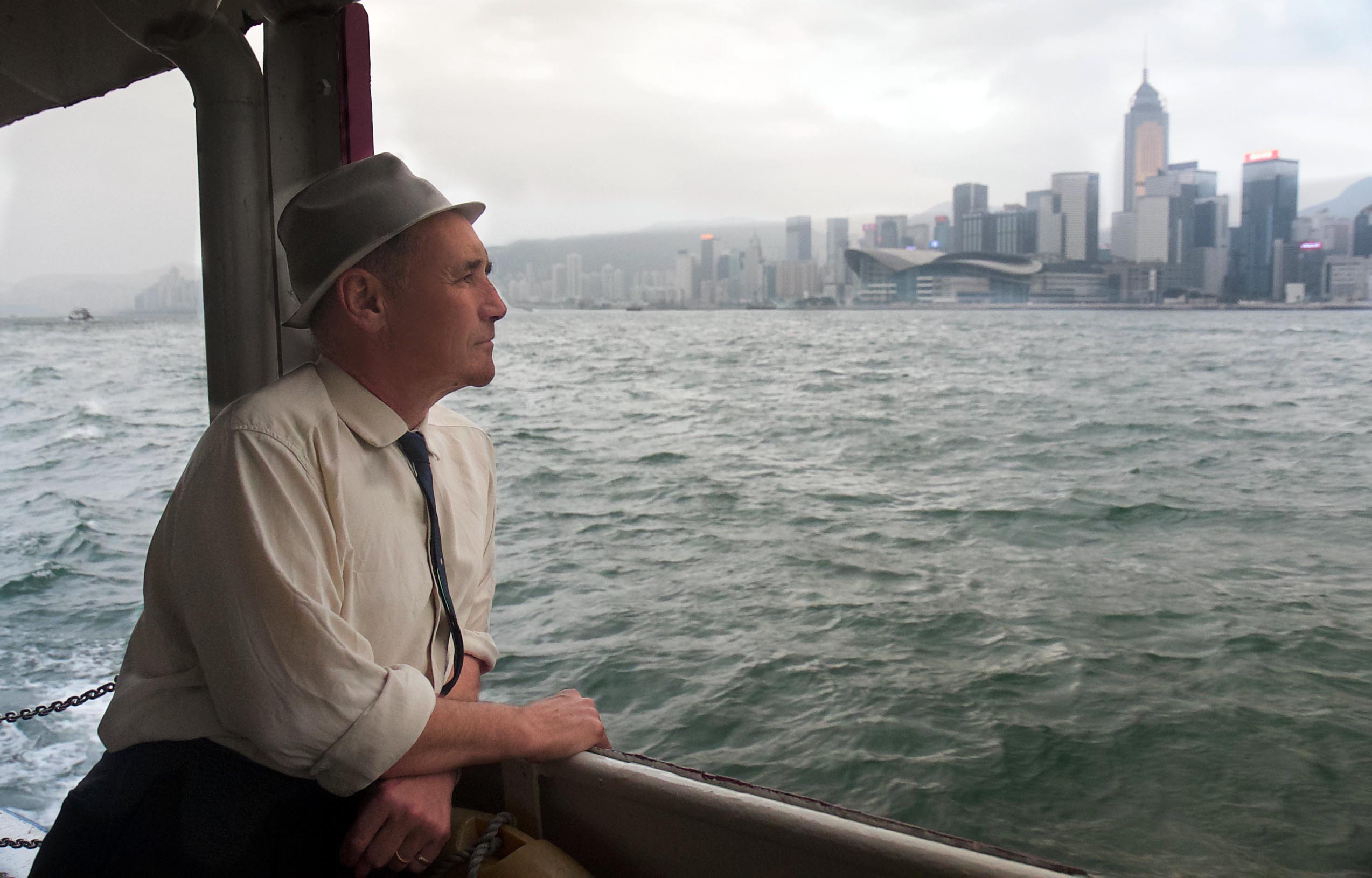
Did he ever talk about what had happened?
MR: "I remember only on one occasion him showing me his wound but he never really talked about how it had happened. He had been shot in the grounds of St Stephen’s College which during the battle was a temporary hospital for British imperial forces including many Canadian troops. I remember when I was a little boy, him telling me he’d passed through a hospital where there was a terrible atrocity."
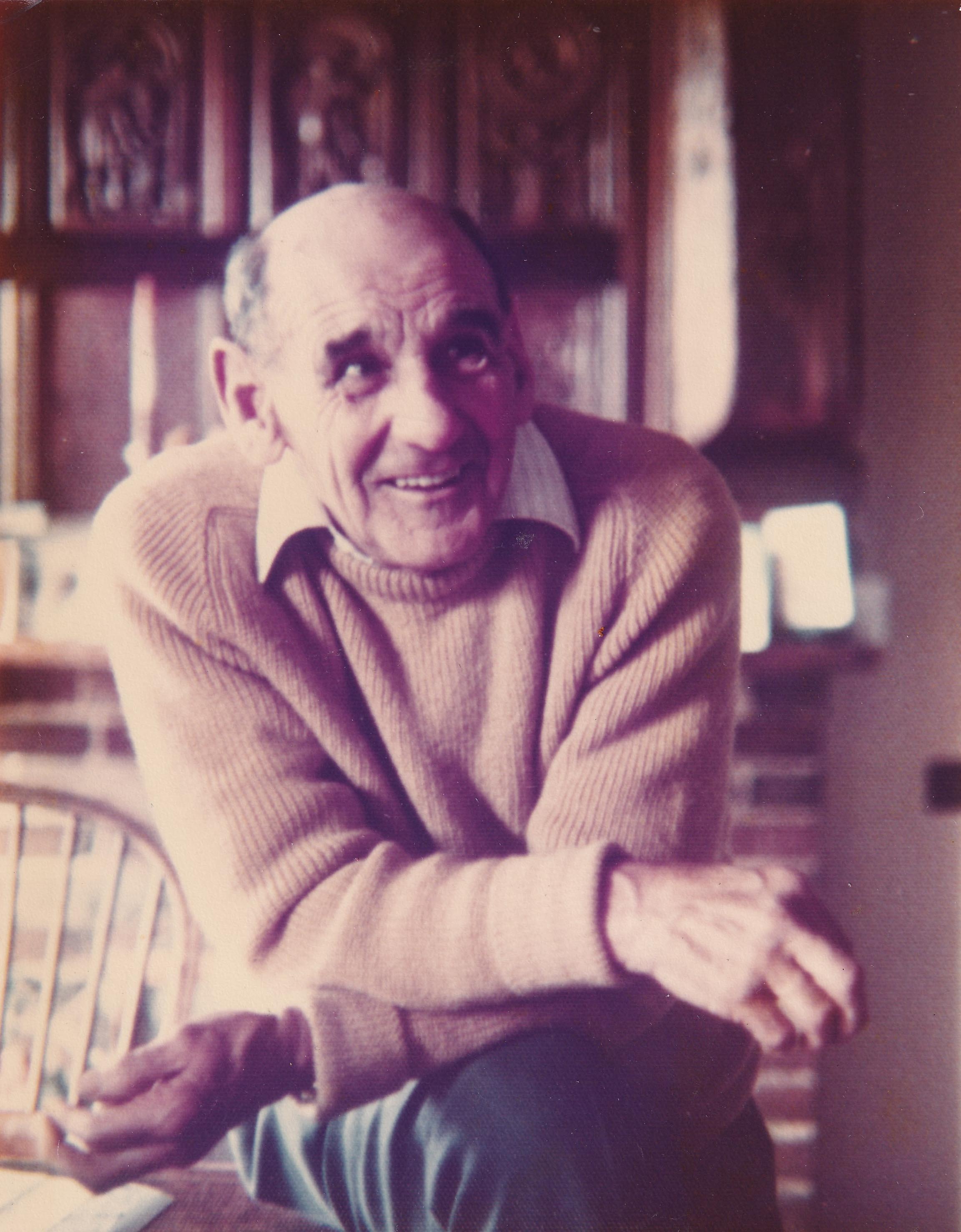
What details did you uncover?
MR: "We discover he must have been referring to the St Stephen’s College Massacre where Japanese soldiers burst into the wards and bayoneted and mutilated British and Canadian soldiers who were lying wounded in their beds. Their fellow soldiers were then given the task of building a bonfire to burn all their bodies."
How do you think his experiences affected him?
MR: "My grandfather was a very just and very Christian man, he believed in forgiveness, but he could never forgive the Japanese. He had witnessed things that had disturbed him terribly and that he carried inside him. I don’t think he ever imagined human beings were capable of such a thing. When he was in the POW camp he had a dream that if he ever survived it, he would love to have an orchard and grow apples and that’s what he did. In later life he moved back to England and bought a house in Kent."
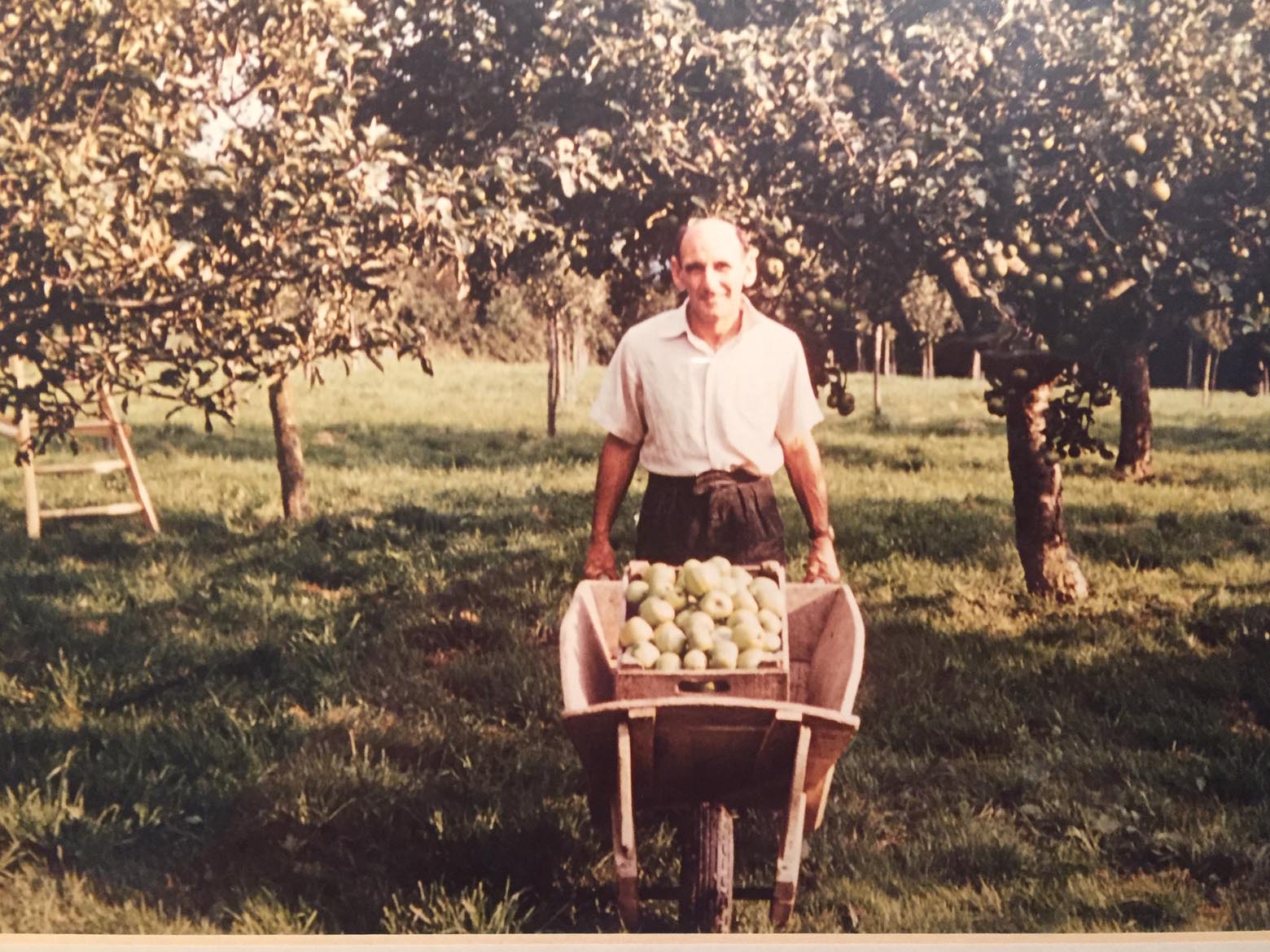
Did you spend time there growing up?
MR: "Yes. I was very close, to my grandfather and I was fortunate to spend most of my summers there as a child. It was a ritual for him every morning and evening, to walk up to the orchard."
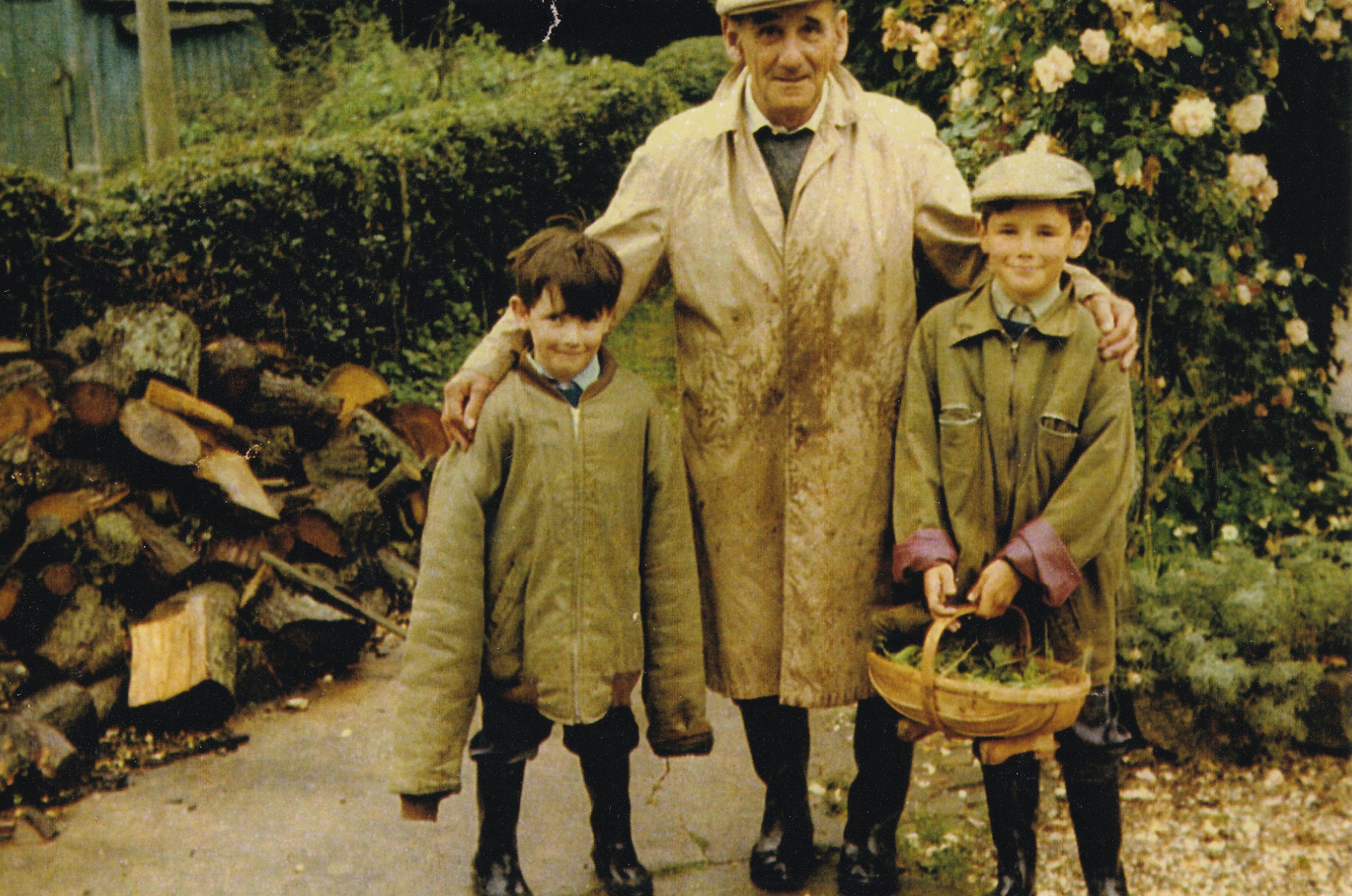
MR: "When he was a prisoner it must have seemed very unlikely he would ever see England again, much less his family, so the orchard was a special place for him. He died in 1980 and I miss him terribly. I’ve heard in my lifetime so many people talk about war in an impersonal way but it’s people who fight wars. Warfare is horrific, if we care about what happened to our ancestors we have to work towards a world where that suffering doesn’t occur."
My Grandparents’ War: Mark Rylance is on Wednesday 4th December, C4
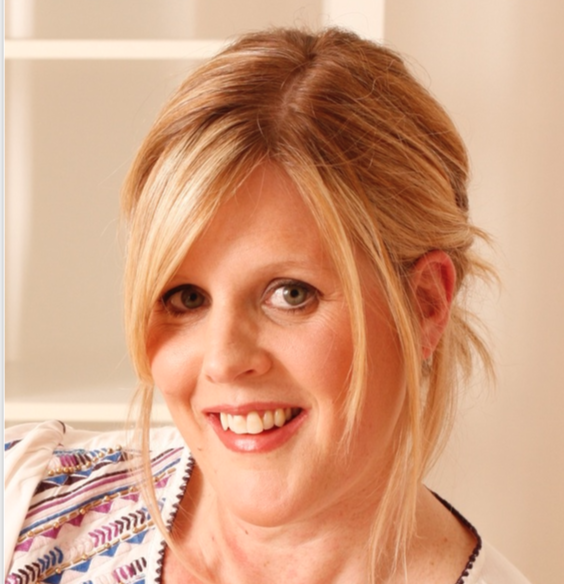
Tess is a senior writer for What’s On TV, TV Times, TV & Satellite and WhattoWatch.com She's been writing about TV for over 25 years and worked on some of the UK’s biggest and best-selling publications including the Daily Mirror where she was assistant editor on the weekend TV magazine, The Look, and Closer magazine where she was TV editor. She has freelanced for a whole range of websites and publications including We Love TV, The Sun’s TV Mag, Woman, Woman’s Own, Fabulous, Good Living, Prima and Woman and Home.

